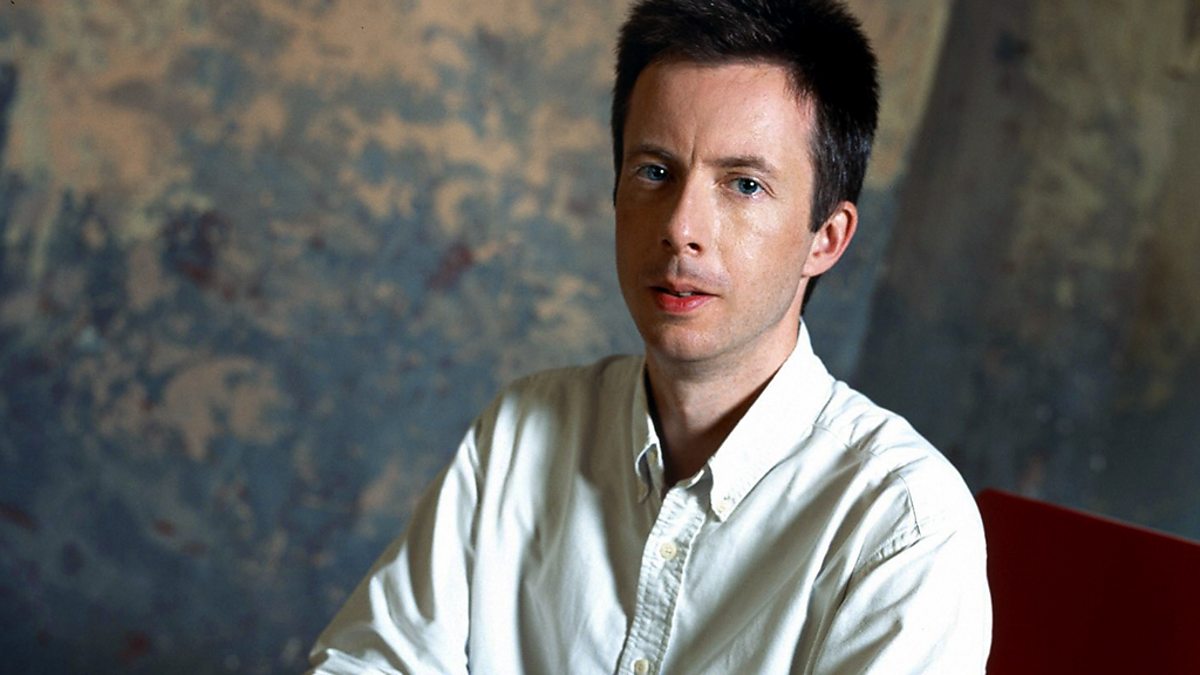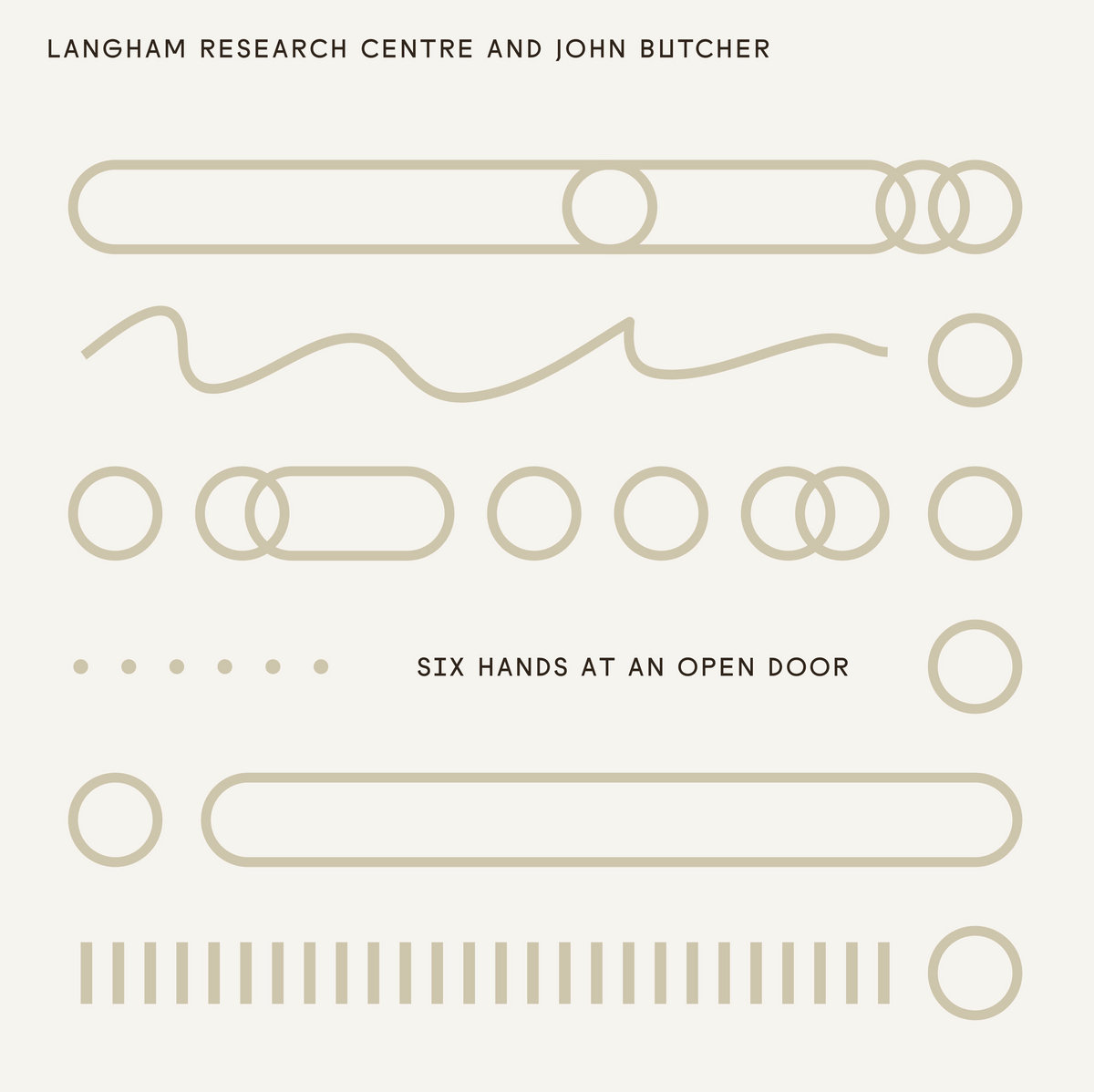When I begun this thread, it was at the end of a rather busy day at work. My brain was rather fuzzed, to say the least. not thinking properly. I had the music of John Dowland on to help me to come back as it were. I think I was really meaning a more generall approach to this so called period.
"Early Music"
Collapse
X
-
Apology for repeating myself but just in case:
Through the Night Sunday 22
Purcell's 'Hail, bright Cecilia': Collegium Vocale Gent, Philippe Herreweghe (director)
Medium to late early music.
Through the Night Monday 23 November
Les Arts Florissants and William Christie: Rameau's Grands Mote
This is a repeat of a repeat but if you haven’t listened to it, the first encore is definitely worth hearing.
1:43 AM
Mondonville, Jean-Joseph de (1711-1772)
In exitu Israel (excerpts)
Comment
-
-
Hesitant to take on the musical establishment, but, if I understand BBM correctly, maybe the accepted divisions/ categorisations/ compartmentalisations of early,baroque etc. are no longer very useful. There was I think a fairly seamless transition between the various styles, and overlap, so a precise date of change from one period to another may be a matter of argument.Originally posted by Brassbandmaestro View Post. I think I was really meaning a more generall approach to this so called period.
I have heard Bach played on Early Music programmes.
As Bryn pointed out, the real game changer, break point and discontinuity in development occurred in the mid-20th Century, with the advent of Cage, Boulez and other enfant terribles.
I'm quite happy to listen to Baroque music on an early music programme, assuming it does not displace Doversoul's favourite composers.
Comment
-
-
Originally posted by Brassbandmaestro View PostThank you Doversoul, #17. I will look that up. Early Music to me is before 1600. I find that after the Renaissance, eg Baroque, I find that it has change drastically, becoming more sophisticated in compositional techniques.


... and you claim to love the Eton Choirbook!!!
The joy of so much pre-Classical Music for me is that, written for private, like-minded "audiences" - or, indeed for communication with an omniscient presence - is that it avoids the simplification procedures that so much later Music had to make to appeal to larger audiences. The sophistication of the Notre Dame composers, or of Dunstable and his successors, or of Spem in Alium is so much more Musically focussed than the divertissements of many examples from later Musics.[FONT=Comic Sans MS][I][B]Numquam Satis![/B][/I][/FONT]
Comment
-
-
Dunstable can be extremely simple and melodic, but by the time of the Eton Choirbook, English music had become hugely and wonderfully complex - only to simplify again when it had nowhere else to go/was brought to a halt by the Reformation, whichever theory you prefer.
Spem in Alium is 'sophisticated' only in the number of its parts - harmonically, it's very simple.
The astonishing thing about the mathematical structures in the music of someone like Ockeghem is how well they can work musically even for a listener who understands nothing about them.
Comment
-
-
 Richard Tarleton
Richard Tarleton
Originally posted by Brassbandmaestro View PostEarly Music to me is before 1600.

 If you're in a hole stop digging, BBM!
If you're in a hole stop digging, BBM!  - Dowland had yet to set out for Denmark in 1600 (where he was lutenist to King Christian lV), many of his finest compositions were yet to come (Pilgrim's Solace 1612), his son Robert published A Varietie of Lute Lessons (which contains some of his father's finest lute pieces) in 1611.....
- Dowland had yet to set out for Denmark in 1600 (where he was lutenist to King Christian lV), many of his finest compositions were yet to come (Pilgrim's Solace 1612), his son Robert published A Varietie of Lute Lessons (which contains some of his father's finest lute pieces) in 1611.....
It has been one of the joys of my musical journey to discover the riches of 16th century Spain in recent years, both as a listener and in a tiny way as a player. As a listener - the riches of 16thC Spanish choral music. On my guitar I'm currently working on Mudarra's Variations on Conde Claros of 1546 (written for vihuela). A collection of pieces by Narvaez, Mudarra et al transcribed for guitar by Emilio Pujol is one of my very favourite books of music. The gradual fading out of things like lutes, viols and vihuelas is part of the story of the transition to baroque.
Comment
-
I'm surprised no-one has yet said on this thread - something discussed previously on this board ad elsewhere - that after about 1600, the more a composer enters the mainsteam, the less his [sic!] music is thought of as 'early'.
Thus Bach may not qualify as 'early', but less well-known contemporaries probably will.
(And richard, if you are listening to music of the 16th century, you are safely before BBM's cut-off date of 1600, aren't you?)
Comment
-
-
 Richard Tarleton
Richard Tarleton
Indeed, that was just bye-the-byeOriginally posted by jean View Post(And richard, if you are listening to music of the 16th century, you are safely before BBM's cut-off date of 1600, aren't you?) - I was just pointing out that Dowland, originally cited by BBM, spills over into the post-1600 era - really just pointing to the difficulty of cut-off dates. Dowland didn't compose much after about 1612, but Robert Johnson, son of Dowland's contemporary John, certainly did, living till 1633. Jakob Lindberg's excellent CD of Jacobean lute music was reviewed on CDR not long ago.
- I was just pointing out that Dowland, originally cited by BBM, spills over into the post-1600 era - really just pointing to the difficulty of cut-off dates. Dowland didn't compose much after about 1612, but Robert Johnson, son of Dowland's contemporary John, certainly did, living till 1633. Jakob Lindberg's excellent CD of Jacobean lute music was reviewed on CDR not long ago.
Comment
-
 Roehre
Roehre
Monteverdi another example, developing from high/late Renaissance to early Baroque.Originally posted by Richard Tarleton View PostIndeed, that was just bye-the-bye - I was just pointing out that Dowland, originally cited by BBM, spills over into the post-1600 era - really just pointing to the difficulty of cut-off dates. Dowland didn't compose much after about 1612, but Robert Johnson, son of Dowland's contemporary John, certainly did, living till 1633. Jakob Lindberg's excellent CD of Jacobean lute music was reviewed on CDR not long ago.
- I was just pointing out that Dowland, originally cited by BBM, spills over into the post-1600 era - really just pointing to the difficulty of cut-off dates. Dowland didn't compose much after about 1612, but Robert Johnson, son of Dowland's contemporary John, certainly did, living till 1633. Jakob Lindberg's excellent CD of Jacobean lute music was reviewed on CDR not long ago.
But I have the early 1600s in mind too as the line before which music is considered to be "Early"
Comment
-
 Roehre
Roehre
I am afraid you should listen to Ars subtilior composers (with composing techniques not heard again until resurfacing in the 20C), and a whole range of Netherlandish(Franco-Flemish) ones in order to appreciate that early baroque is a step in reverse in composing techniques, not more but less sophistication.Originally posted by Brassbandmaestro View Post..... I find that after the Renaissance, eg Baroque, I find that it has change drastically, becoming more sophisticated in compositional techniques.
After that the sophistication increased, only to be "dropped" again at the time JSBach was considered to be old-fashioned (by his own offspring, but not only by them)
Comment
-
... the term 'early music' seems to mean different things to different people.
For the punter - those buying CDs, going to concerts, listening to the radio - the expectation is chronological: music composed before a particular - arbitrary - date. That date has advanced as Historically Informed performers have explored later and later repertoire.
For the 'professionals' in the Early Music world - funders, concert promoters, festival and competition organisers, broadcasters, learned journals, musicologists - the term 'early' seems to have lost any chronological sense, and really just means 'Historically Informed Performance Practice'. As an example: the York Early Music Festival Competition - this Competition used to be run by the (now defunct) Early Music Network [EMN], before being completely taken over by the York EM Festival. The definition used by the EMN for its activities, including the biennial Competition, was -
" ‘Early Music’ is to be understood as a conventional rather than a chronological term, and is here taken to mean historically-informed performance; particularly that on forms of instruments with which a composer would have been familiar and music performed with techniques and in styles which get closer to the composer’s original conception, or of particular later traditions of performance, than is possible if other approaches are employed."
So no chronological cut-off - more a question of Historically Informed Performance Practice.
My question is - does IRCAM still have - or is it building replicas of - the computers and other electronic apparatus for which the compositions of the 1980s and early 1990s were created? I think we need to explore in the 'Early Music' slots the world of Historically Informed electroacoustic music...
.Last edited by vinteuil; 26-11-15, 16:41.
Comment
-
-
 Roehre
Roehre
In November 1985 I posed as thesis that Stockhausen's music eventually would not escape being HI-performed.....Originally posted by vinteuil View Post....
My question is - does IRCAM still have - or is it building replicas of - the computers and other electronic apparatus for which the compositions of the 1980s and early 1990s were created? I think we need to explore in the 'Early Music' slots the world of Historically Informed electroacoustic music...
Comment
-
Originally posted by vinteuil View Post
My question is - does IRCAM still have - or is it building replicas of - the computers and other electronic apparatus for which the compositions of the 1980s and early 1990s were created? I think we need to explore in the 'Early Music' slots the world of Historically Informed electroacoustic music...
.
Comment
-




Comment